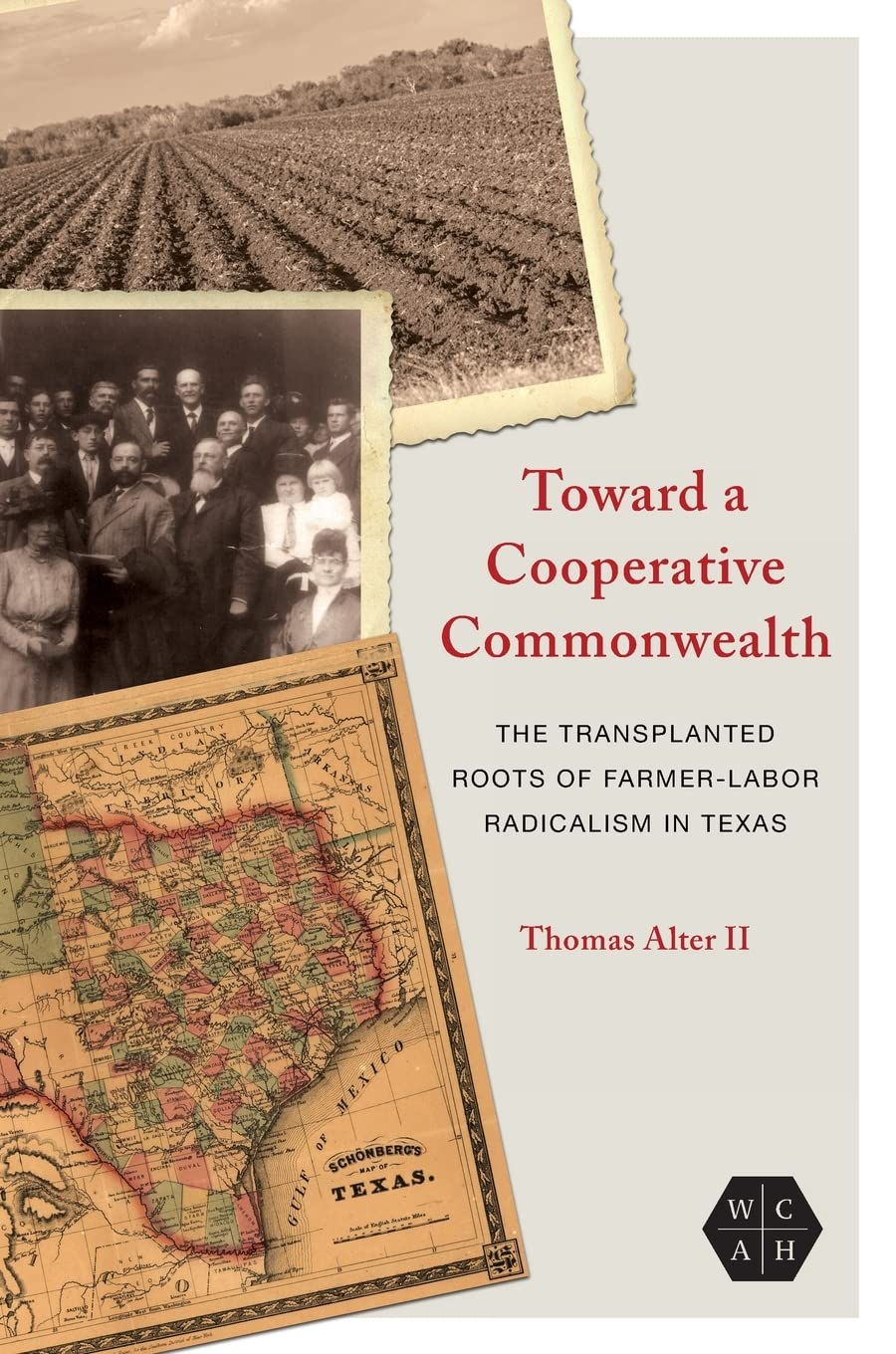Jacobin contributor Yaseen Al-Sheikh sat down with Alter to discuss his recently released book, Toward a Cooperative Commonwealth: The Transplanted Roots of Farmer-Labor Radicalism in Texas, and the forgotten tales of the Texas Socialist Party, which flourished until state-sponsored suppression came down upon them.
Yaseen Al-Sheikh: Toward a Cooperative Commonwealth is the story of an international, multigenerational struggle for a just economic and political order. Tell us about the Meitzens, a “Forty-Eighter” family, starting with the failed revolution of that year in Germany and how it shaped their politics once they moved to the States.
Thomas Alter II: The Meitzens were from the province of Silesia in the then German state of Prussia. While the Silesian economy was primarily agricultural, it was also one of the most industrialized areas of the Germanic states due to the growing textile industry. In many ways, Silesia is the soul of Marxism. It was the 1844 Silesian Weavers Revolt that showed Marx the working class in action and its revolutionary potential.
While in other regions of Europe, the 1848 revolutions were led by middle-class forces that called for a constitutional monarchy, in Silesia it was led in part by organizations based in the working classes that forged an alliance between workers and peasants calling for a socialist republic. When the Meitzens and Forty-Eighter Silesians immigrated to Texas, they brought with them their working-class politics based on an alliance of laborers and working farmers.
Yaseen Al-Sheikh: A central theme of your book is the strength of this farmer-labor bloc in late nineteenth- and early twentieth-century United States. Can you talk about this coalition and how it shaped the country’s politics?
Thomas Alter II: The dominant image of working-class people in the United States during this time is that of an urban industrial factory worker, even though, up to the 1920s, the majority of people lived in rural areas and had jobs connected to agriculture. Even large number of industrial wage workers viewed wage work as hopefully temporary until they could afford to buy their own farm.
As such, agrarian-based demands for land reform came not only from farm areas but urban areas as well. Those working the land also saw how easily they could become wage laborers and in turn advocated labor demands such as union rights and the eight-hour day. Whether one toiled in a Chicago factory or as a tenant farmer in a Texas cotton field, one faced capitalist exploitation.
The sustained farmer-labor bloc began with the Knights of Labor, Greenback Labor Party, and Grange of the 1870s and 1880s. It then progressed through the Farmers’ Alliance, the Populist movement, the Socialist Party, the Nonpartisan League, and attempts to form a labor party during the 1920s.
